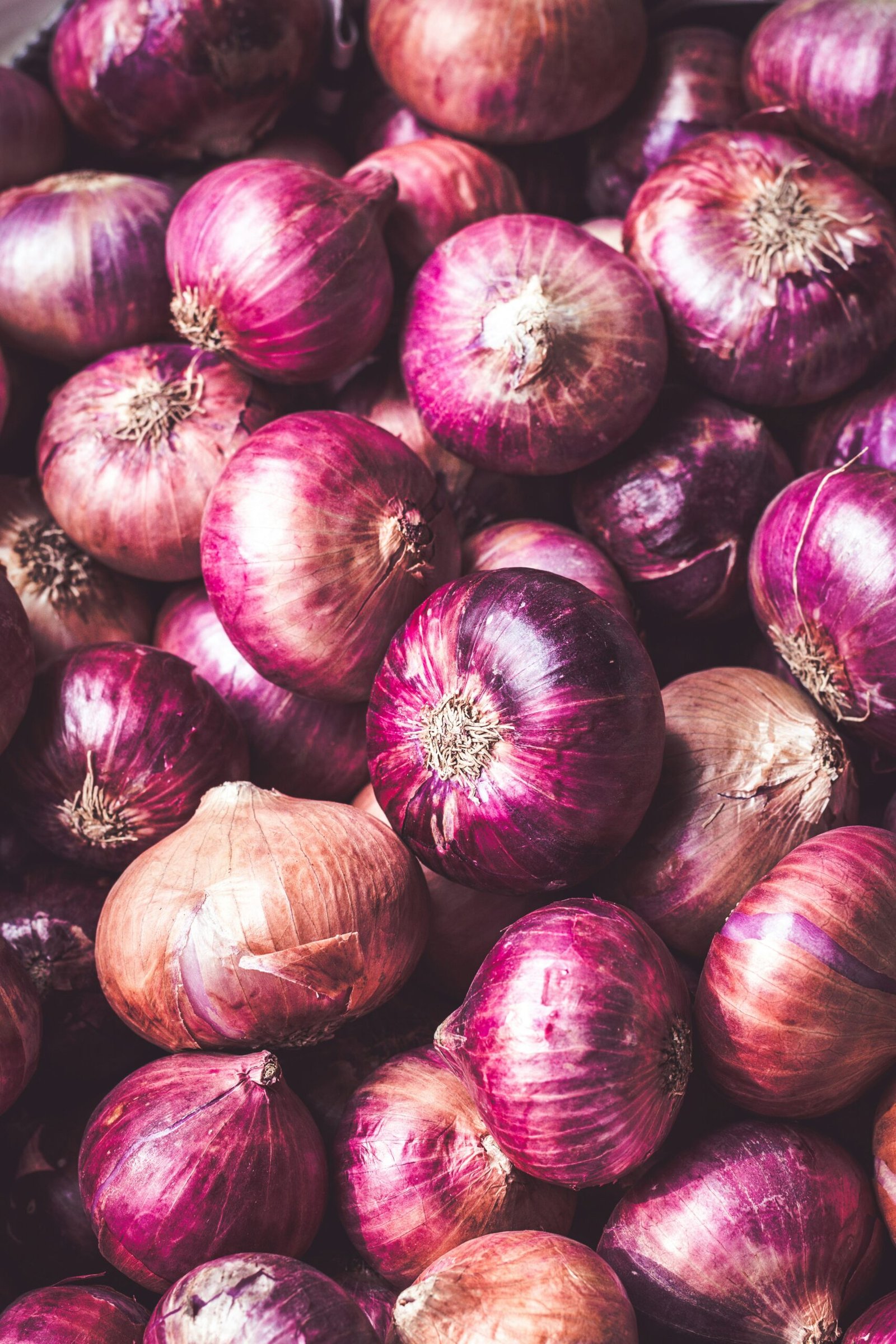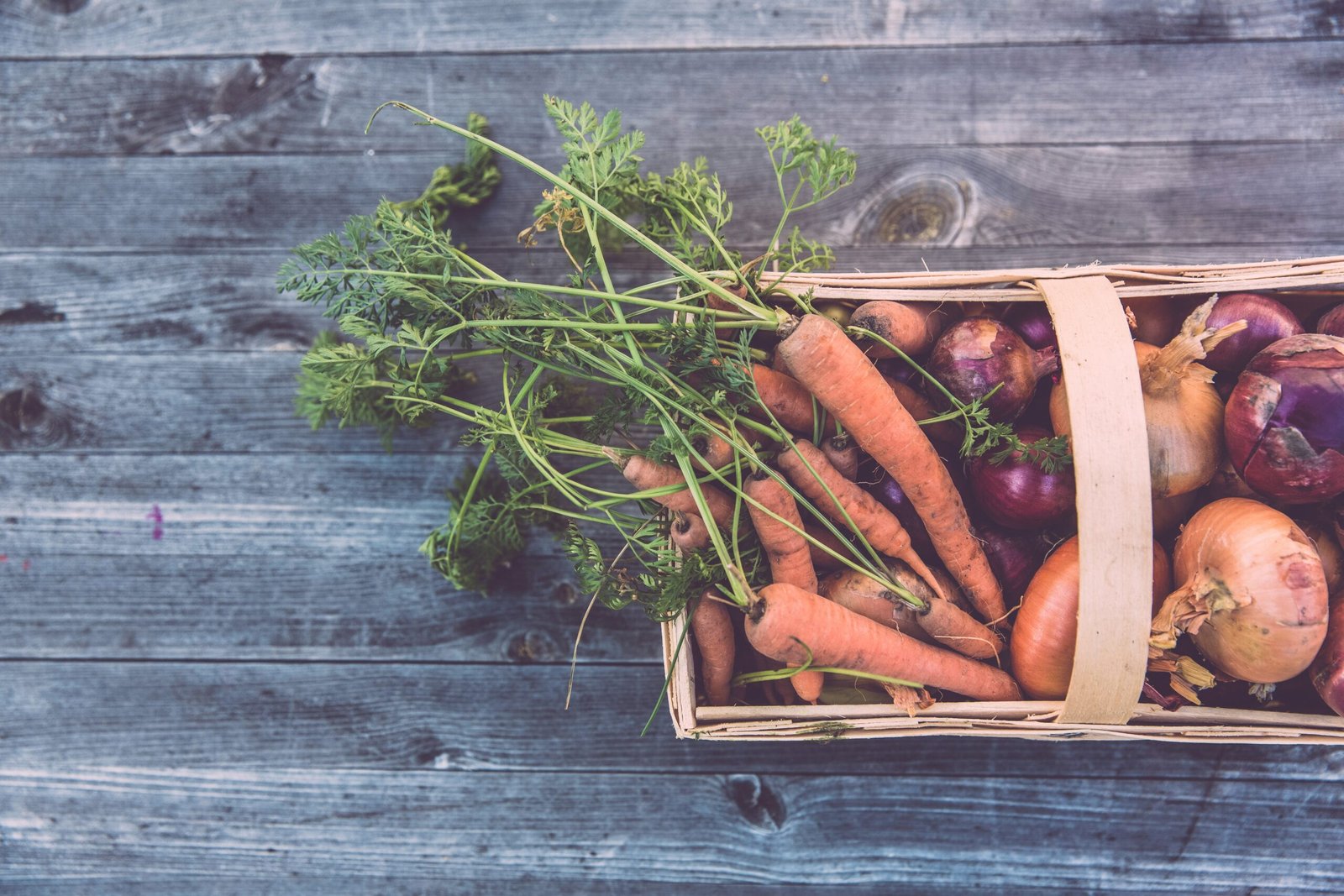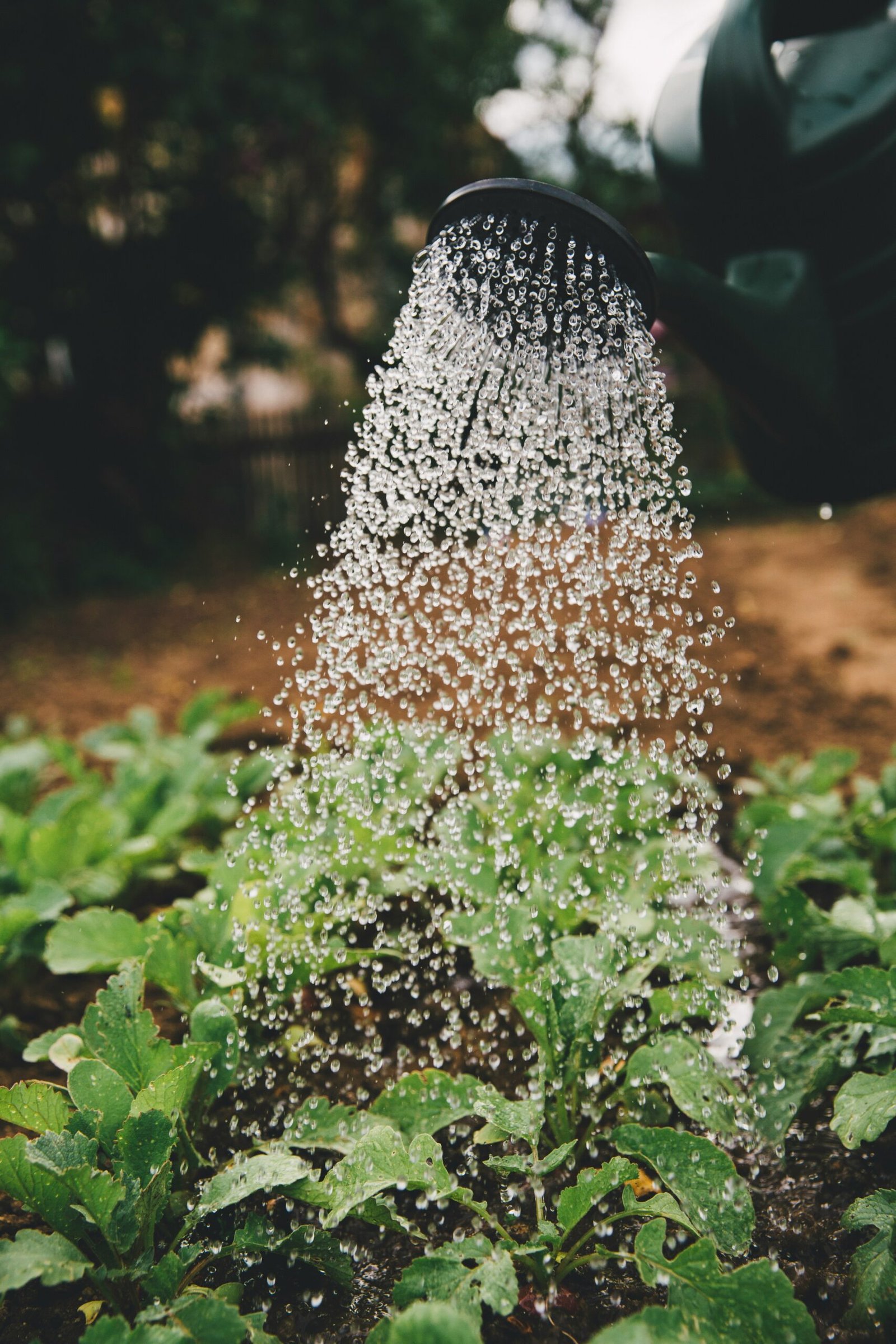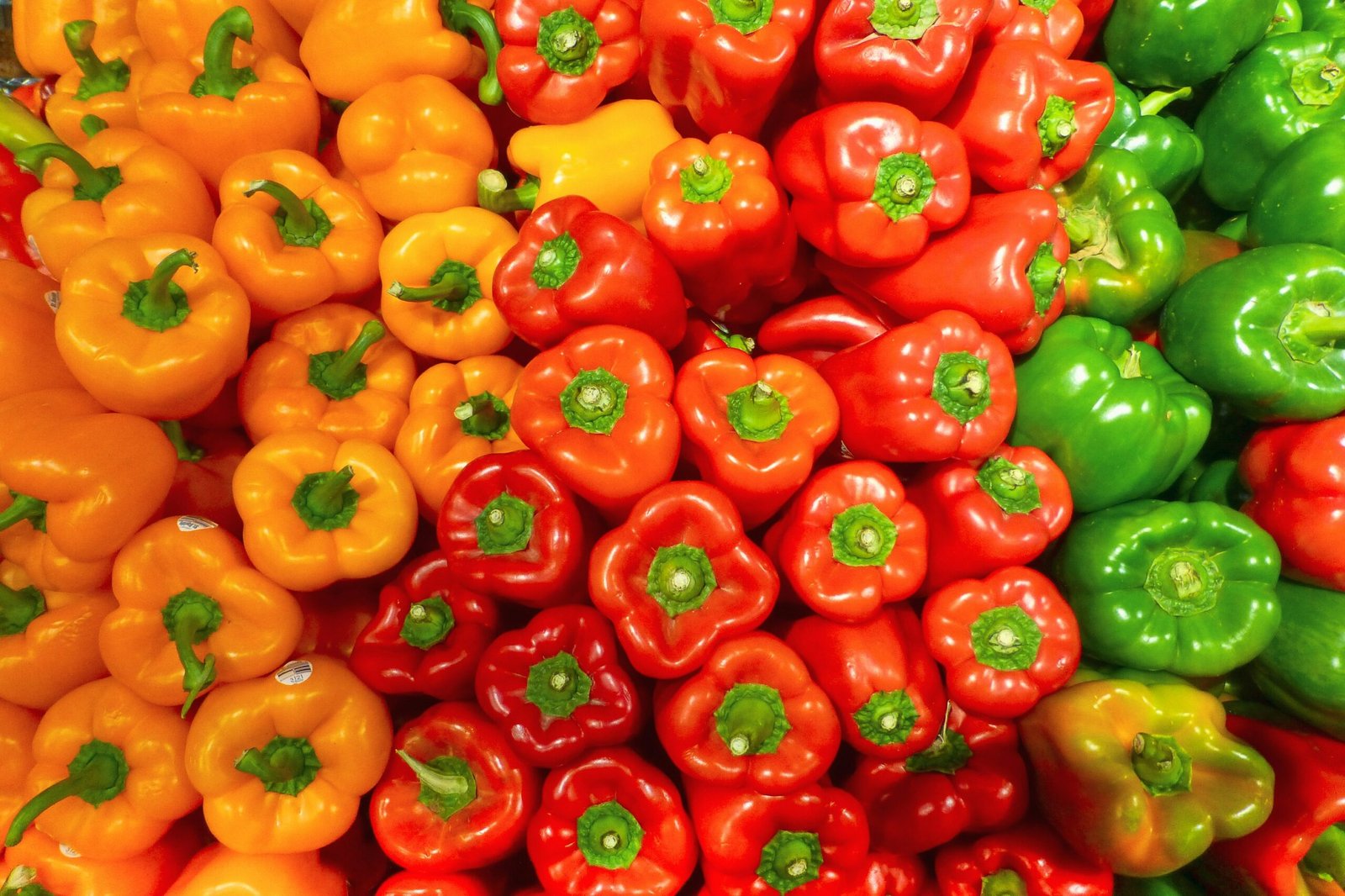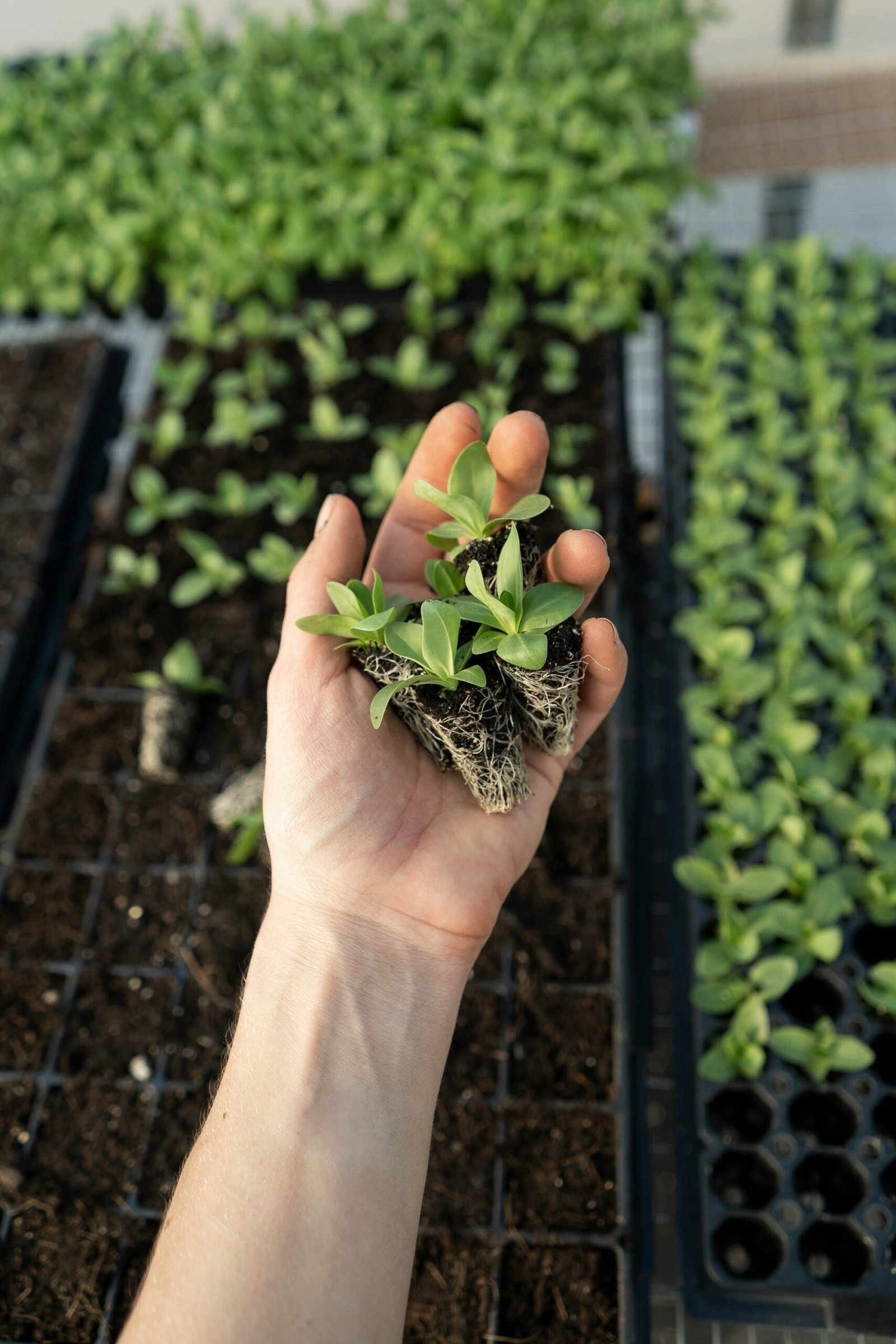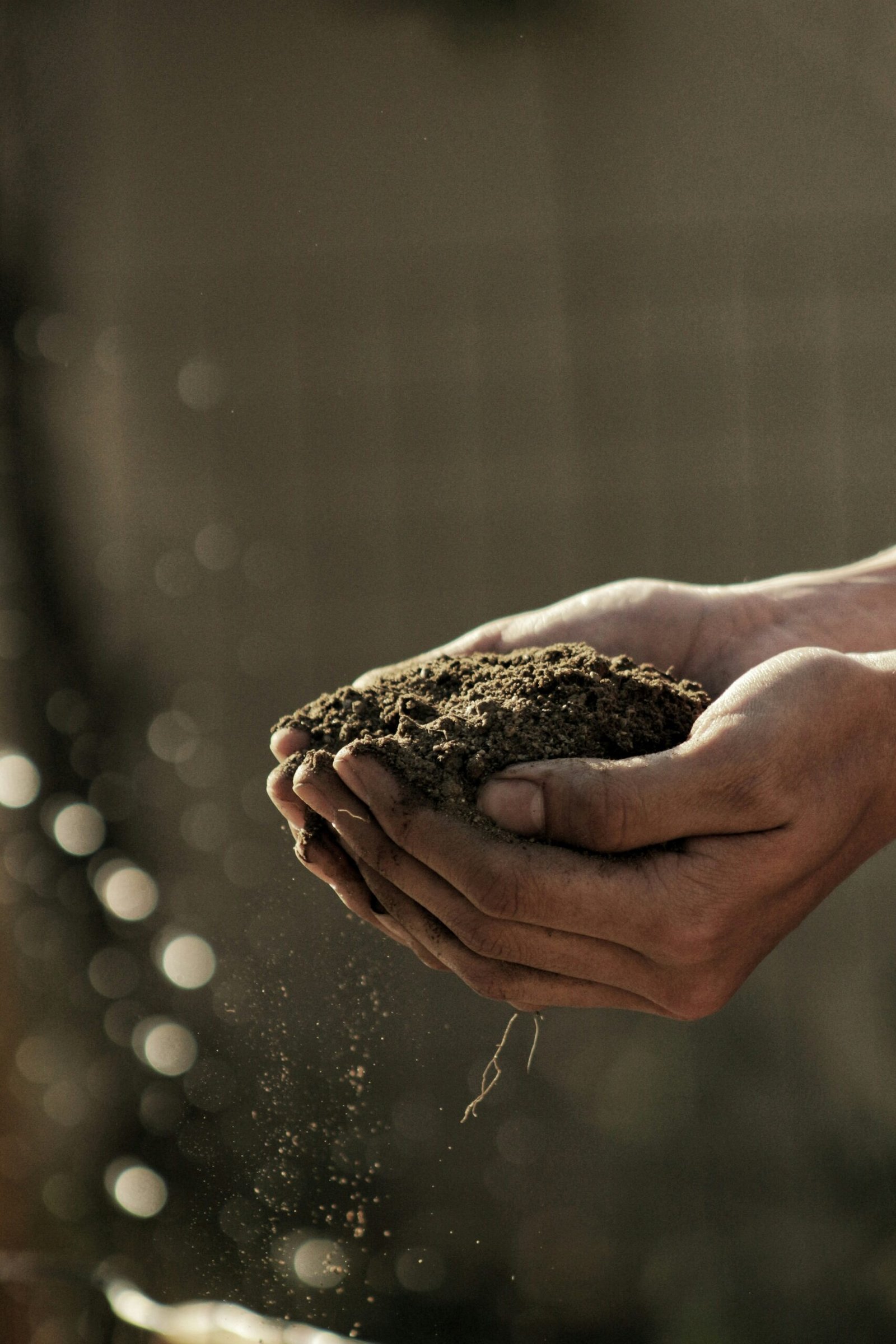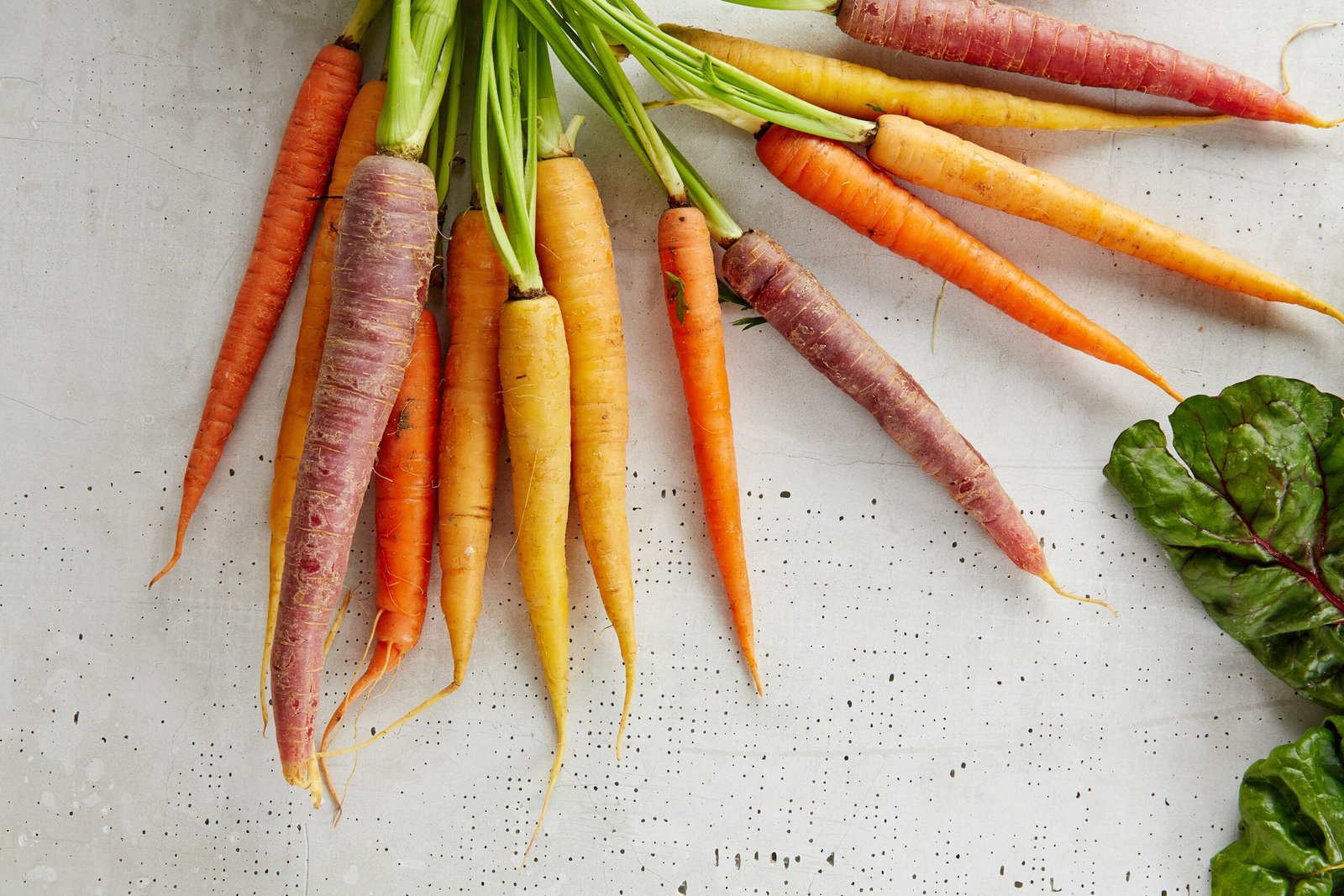How to Grow Onions: Benefits, Soil Requirements and More
Onions are not only a versatile ingredient in the kitchen but also a rewarding addition to any garden. Whether you are a seasoned gardener or a first-time grower, cultivating onions can be a fulfilling experience. In this guide, we will explore the benefits of growing onions, discuss companion plants that aid in their growth, delve into the soil requirements for organic and healthy onions.
The Benefits of Growing Onions
Growing onions offers numerous benefits, both for your health and the surrounding environment. Onions are rich in antioxidants and contain essential nutrients that contribute to overall well-being. They are known to boost the immune system, promote heart health, and possess anti-inflammatory properties. Additionally, onions can be a natural deterrent for pests, making them a valuable addition to any garden.
Companion Plants for Onions
Companion planting is an effective technique that involves pairing compatible plants to enhance growth and deter pests. When it comes to onions, some ideal companions include:
- Carrots: Carrots and onions make excellent companions as they repel pests that attack each other. Additionally, carrots help break up the soil, allowing onions to grow more easily.
- Lettuce: Planting lettuce near onions provides shade to the soil, preventing weed growth and conserving moisture.
- Chamomile: Chamomile acts as a natural insect repellent, protecting onions from pests such as aphids.
Soil Requirements for Organic and Healthy Onions
Creating the right soil conditions is crucial for growing organic and healthy onions. Here are some key considerations:
- Well-drained soil: Onions prefer soil that drains well to prevent waterlogging, which can lead to rotting. Ensure your soil has good drainage by incorporating organic matter like compost or well-rotted manure.
- pH level: Onions thrive in slightly acidic to neutral soil, with a pH range of 6.0 to 7.0. Test your soil’s pH level using a soil testing kit and amend it accordingly with organic materials.
- Sunlight: Onions require full sun exposure of at least 6-8 hours per day. Choose a sunny spot in your garden or consider growing them in containers that can be placed in the sunniest areas.
For more in-depth information on soil preparation and maintenance, refer to the expert sources linked below.
Where to Grow Onions
Onions can be grown in various locations, depending on your available space and climate. Here are some options to consider:
- Outdoor garden: If you have a backyard or a dedicated gardening space, growing onions in the ground can yield excellent results. Ensure the soil conditions and sun exposure are optimal for their growth.
- Planters or raised beds: If space is limited or you prefer container gardening, using planters or raised beds can be a convenient option. Ensure the containers have proper drainage and provide enough space for the onion bulbs to develop.
- Indoor cultivation: Contrary to popular belief, onions can be grown indoors as well. With the right conditions, such as sufficient sunlight or grow lights and appropriate containers, you can enjoy homegrown onions year-round.
Best Plant Zones for Growing Onions
Onions thrive in different plant hardiness zones, depending on the variety. Generally, they grow well in zones 3-9, but specific onion varieties may have different preferences. Consult your local agricultural extension office or refer to reputable gardening resources to determine the best plant zones for the onion varieties you wish to grow.
Conclusion
Growing onions can be a rewarding and beneficial endeavor. By understanding the benefits of onions, selecting suitable companion plants, ensuring the right soil conditions, and choosing the appropriate growing location, you can cultivate healthy and flavorful onions. Remember to consult expert sources for further guidance and enjoy the satisfaction of adding homegrown onions to your culinary creations.
